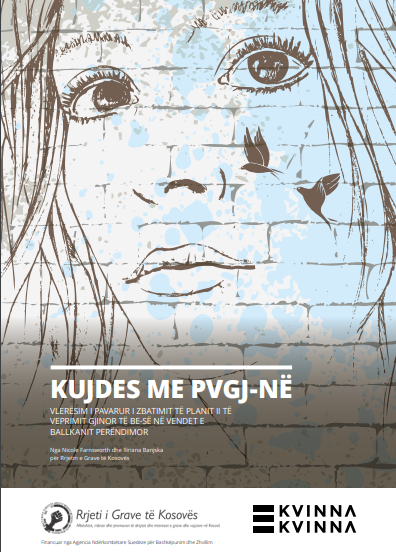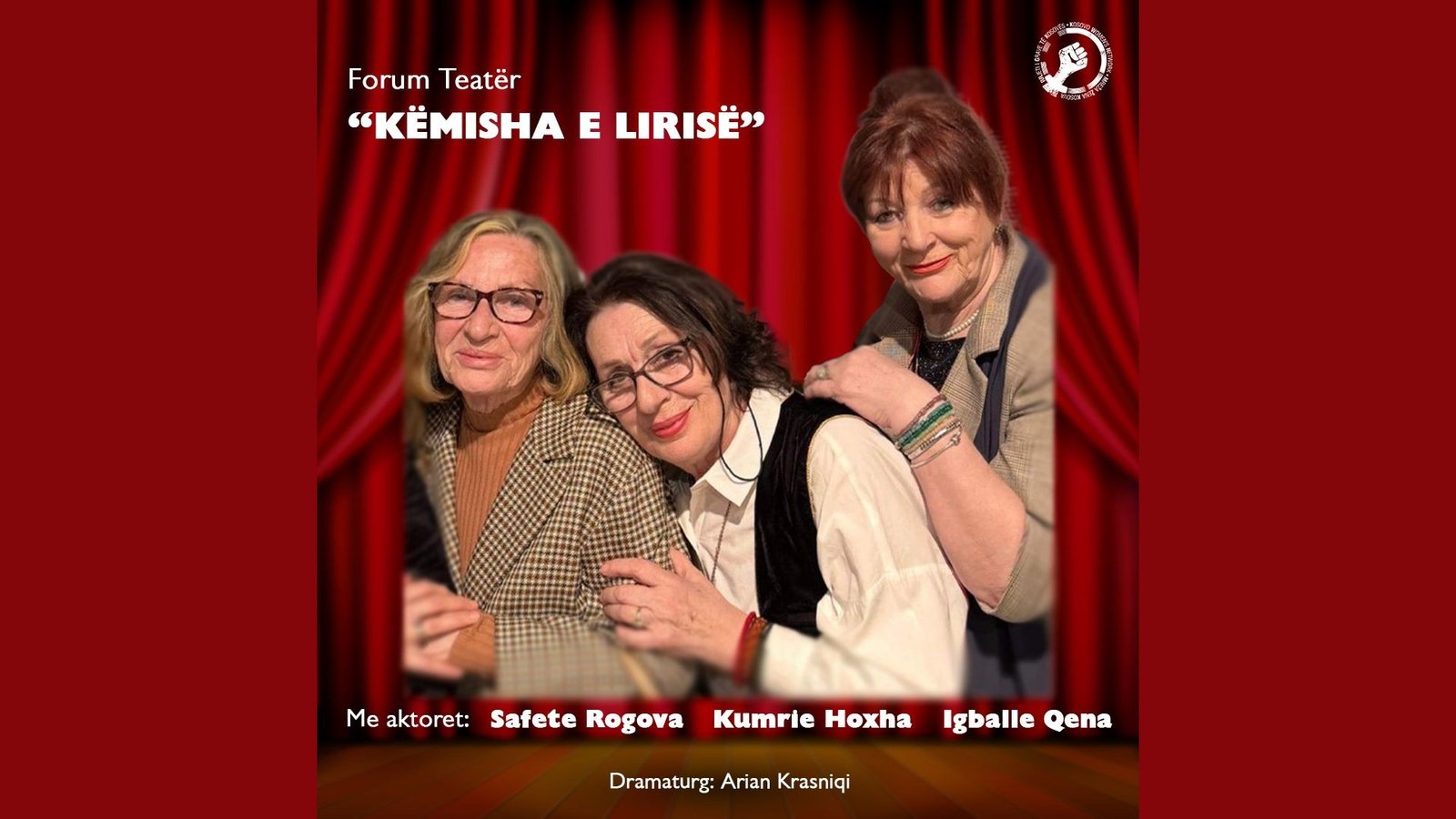With the support of Kvinna till Kvinna, the Kosovo Women’s Network (KWN) has continued its advocacy work towards an improved implementation of the EU’s staff working document ‘Gender Equality and Women’s Empowerment: Transforming the Lives of Girls and Women through EU External Relations 2016-2020’ also known as GAP II in the Western Balkans. KWN has been doing this by presenting its report ‘Mind the GAP’ which includes research findings related to the implementation of this EU policy in Kosovo, Albania, Bosnia and Herzegovina, Serbia, the Former Republic of Macedonia and Montenegro and recommendation as to how different responsible actors could improve their work in relation to institutionalizing different aspects of the inclusion of gender equality objectives in their daily work as foreseen of GAP II.
On the 14th of March 2018, a this report was presented to the Working Party on the Western Balkans Region (COWEB) in Brussels. COWEB, which involves representative of different EU Member States, is responsible for EU relations with Western Balkan (WB) countries. It deals with general political and economic development, the Stabilisation and Association Process and the financial Instrument for Pre-Accession Assistance (IPA). Among other issues discussed, KWN researchers Nicole Farnsworth and Iliriana Banjska requested support from COWEB in encouraging WB countries to make gender equality a priority, as part of the "fundamentals first" agenda.
On the 14th of March 2018, KWN presented the report to officials from the political and cooperation sections of the EU Office in Kosovo (EUO). Overall, Kosovo performed better than other countries in the region, due in part to the fact that KWN has been contracted by the EUO since 2015 to provide technical assistance towards the implementation of GAP II. This has been noted as a best practice, both in the region and in Brussels, as it has contributed directly to improving implementation of the GAP II. The discussion with participants evolved mostly around the challenges of institutionalizing gender mainstreaming as an in-house practice among all officials, and how the EUO may raise more issues pertaining to gender equality as part of political dialogues.
The report also was presented at EU Delegations in Montenegro and Bosnia and Herzegovina, where officials from the Cooperation and Political sections welcomed recommendations towards intensifying efforts to implement GAP II. Representatives of civil society and member states also attended respective presentations of the publication in these countries, discussing possible ways forward.




